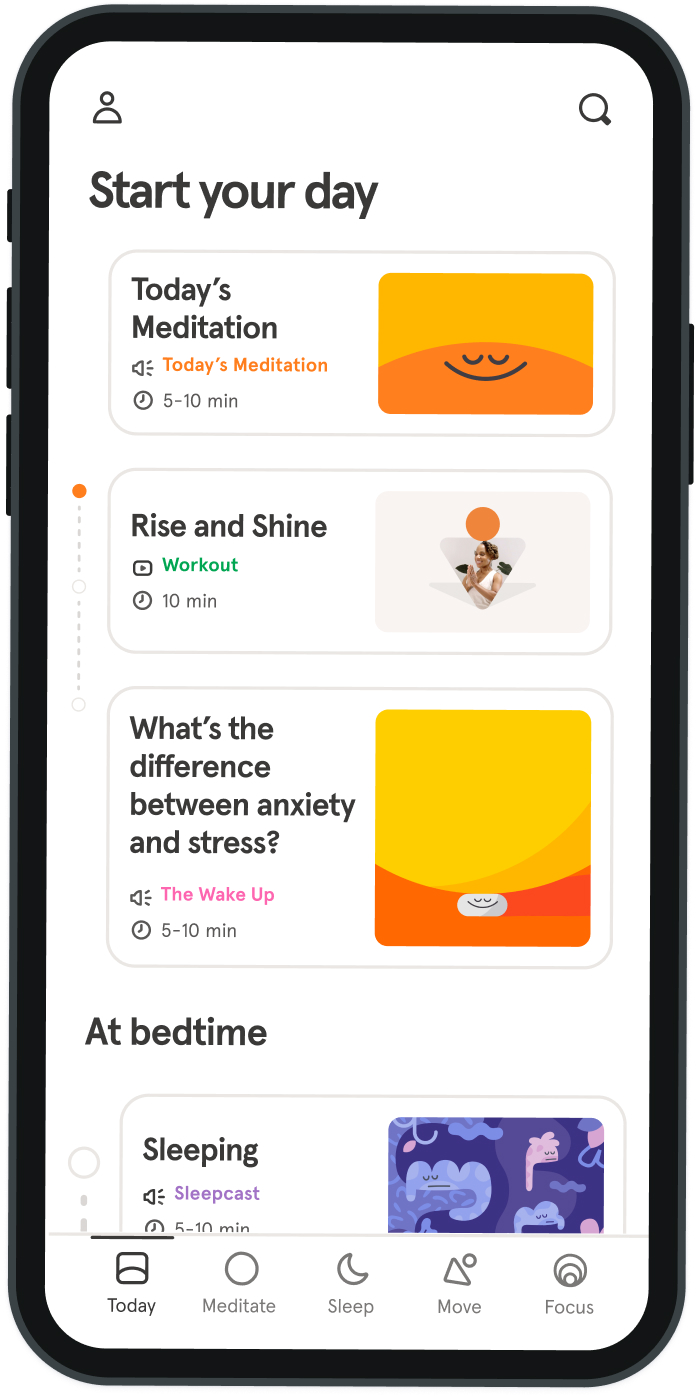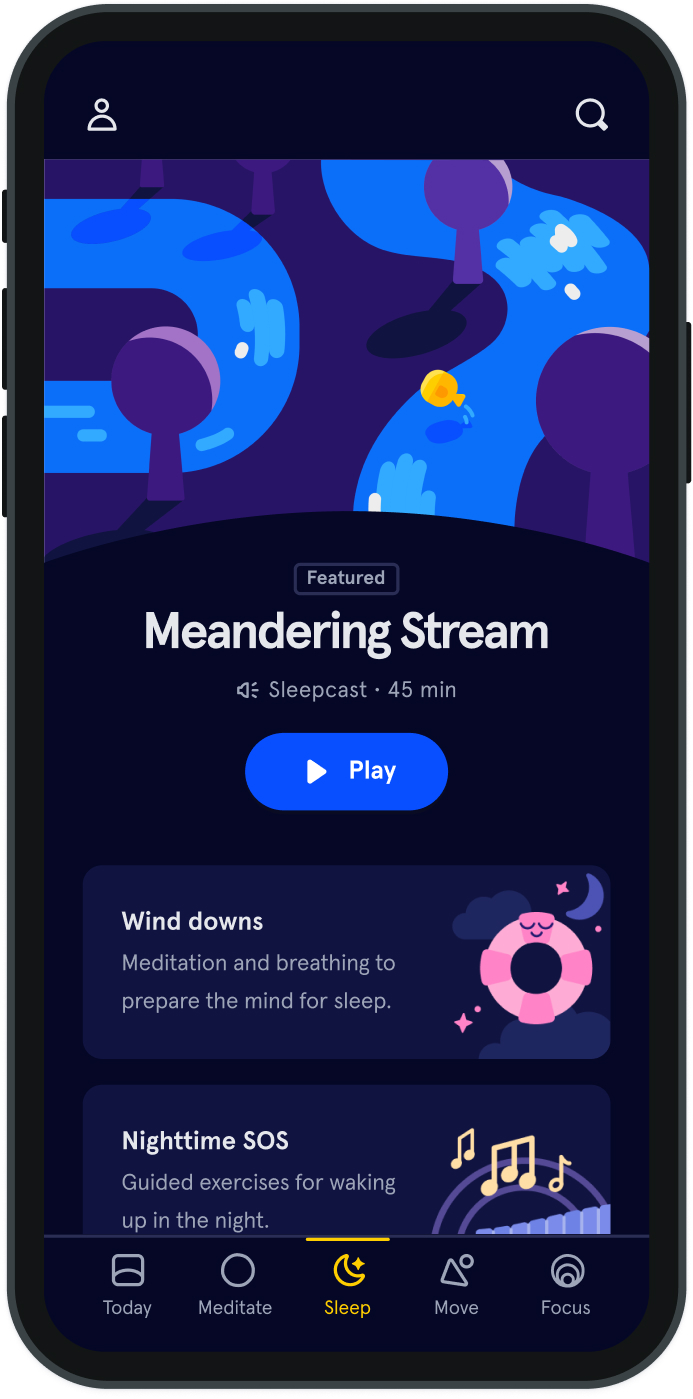How to live a healthy life in an achy body
The orthopedist glanced at the X-ray. Then, he looked at me laying on the exam table. Gently, he lifted my knees and pushed them toward my chest. My stiff hips locked into a sitting position, legs at a 90-degree angle.
A double hip replacement should help with pain and restore some mobility, he said, but it’s hard to know how much because the knees and ankles are gone too. After decades of living with rheumatoid arthritis, my joints were crumbling. I was just three, according to family lore, when my knees, hands, and ankles became so stiff and swollen that I could no longer walk down the hall. Juvenile rheumatoid arthritis was the diagnosis. The prognosis included years of pain, the likelihood of disability, and surgical intervention, but during the 1970s nobody knew what to do or what might happen. I was in middle school before the swelling in my hands lessened enough for me to see my knuckles for the first time. Now, as the parent of a middle schooler, I still live the ups and downs of chronic illness. I walk like the Tin Man and live with daily pain (mornings are especially tough) yet, despite it all, I am remarkably independent, healthy, and happy. I’ve worked to find practices and strategies that have helped me nurture the optimism, gratitude, strength, and resilience that has supported me through the tough times and uplifted me during the better ones. These things can work for you too. We all experience pain and challenge in life. And we can all live well despite it. Here are seven tips that may help. 1. Choose a helpful mindset. No matter what you face, you can decide how to respond —the attitude you choose may also influence how you feel. Research led by David Yeager, at the University of Texas, shows that when we believe we can learn, improve, and grow we can become more resilient and better manage adversity. 2. Have systems in place for social support. Nourish your relationships and they will nourish you. I have a small, core group of friends who I call on for encouragement, help, and humor. This kind of social support—connectedness to someone outside yourself—can help reduce feelings of loneliness and depression and even motivate us to choose healthier habits and behaviors that help us better cope with adversity, according to research led by Steven Southwick, from the Yale University School of Medicine.
If you don’t have a network of confidantes, begin to cultivate one. Join a support group, enroll in a class or sign up for an athletic activity. By engaging in things that you enjoy, you’ll find others with shared interests and that’s a good basis for any friendship. 3. Cultivate curiosity. When I have a setback, I may complain at first, but then I look for opportunities to be curious. I begin looking for new and different ways to feel better and return to my regular routine. Curiosity keeps me from catastrophizing and encourages me to participate. That drive to explore, learn, and understand can help all of us to adapt and cope with an ever-changing world in a positive way. Curious people are happier, they exhibit lower stress levels—this is a biggie for me because stress intensifies pain—greater life satisfaction, and well-being, according to Todd Kashdan, Ph.D., professor of psychology at George Mason University and author of “Curious? Discover the missing ingredient to a fulfilling life”. 4. Re-script the self-talk. It’s easy to feel stuck listening to ruminating critical, inner voices, but you can escape this pattern easily. Rewrite your internal dialogue to an encouraging one. When I exercise, for example, I don’t belittle myself for being slow and achy—though I am—instead I give myself a different “good-for-you” pep talk. Carefully choosing your words—using “I don’t” rather than “I can’t,” for example—can also help you persist and perform better, according to a study published in the Journal of Consumer Research. Use language that picks you up rather than puts you down. 5. Get organized. The fatigue that comes with chronic disease can be hard to manage many days, especially when I’m parenting and working. But, by deliberately planning much of my day, I can prioritize meaningful activities and skip those that wear me out or fire up my pain. I may choose to postpone the vacuuming or errands in order to volunteer at my daughter’s school or exercise, as these experiences bring particular meaning to me. A meaningful life supports health and well-being, according to research by Michael Steger, Ph.D., Colorado State University. The chores can be done a different day. 6. Be flexible when plans change. No matter how organized you may be, plans change. Chronic disease—like life—requires us to shift and adapt from hour to hour and day to day. We can let this upset us, and some days I do, or we can learn to live in the present moment and accept that change is inevitable. This can make the inevitable uncertainties of life a little easier to bear. 7. Accept what shows up. Wishing things were different doesn’t make them so—but it can make us sick. When we fail to accept reality, our health can suffer and we may have a higher risk of depression, according to research. Resisting or otherwise denying our circumstances can also be a barrier to problem solving and well-being. Next time you find yourself struggling, take a moment to observe the situation without judgment—you may gain clarity and information to better accept and move on.



Be kind to your mind
- Access the full library of 500+ meditations on everything from stress, to resilience, to compassion
- Put your mind to bed with sleep sounds, music, and wind-down exercises
- Make mindfulness a part of your daily routine with tension-releasing workouts, relaxing yoga, Focus music playlists, and more
Meditation and mindfulness for any mind, any mood, any goal

Stay in the loop
Be the first to get updates on our latest content, special offers, and new features.
By signing up, you’re agreeing to receive marketing emails from Headspace. You can unsubscribe at any time. For more details, check out our Privacy Policy.
- © 2025 Headspace Inc.
- Terms & conditions
- Privacy policy
- Consumer Health Data
- Your privacy choices
- CA Privacy Notice
